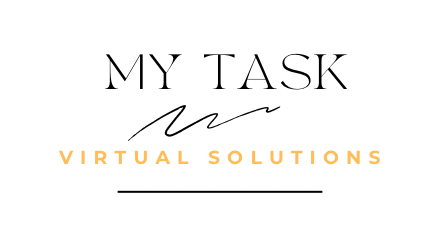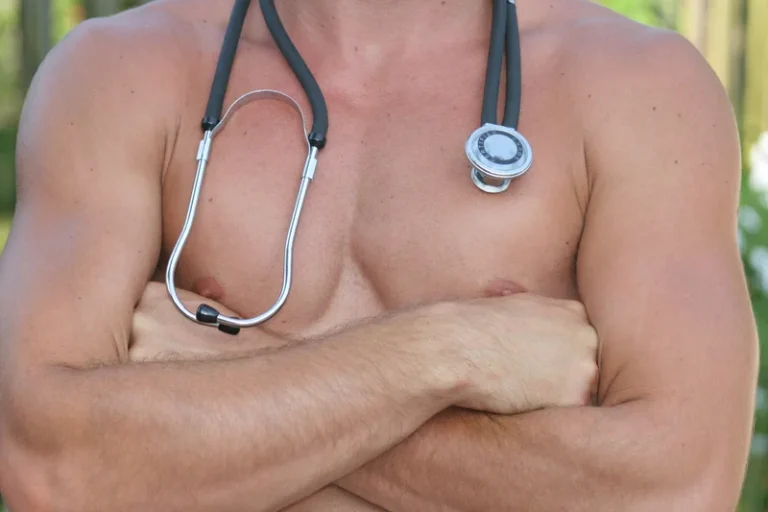
If you suspect you’re using alcohol to cope with depression, or that alcohol use might contribute to your depression, a good next step involves reaching out to a professional for guidance. This release of dopamine may help explain why many people believe alcohol eases their depression — but these effects are temporary. “In the span of a one-hour run, I’m able to work through any intrusive thoughts or negative feelings,” he says. D’Alessandro first began feeling a deep, inexplicable sadness during adolescence. During his teens, he realized drinking boosted his confidence and made him feel like he “fit in” with his peers. He also began channeling his emotions into writing music — a passion he lost sight of during his addiction — and even released an album about his personal experiences called “Clean.”
Does Alcohol Cause Depression?
Taken together, the current literature suggests a need to routinely assess alcohol use and to address alcohol use among the large number of depressed patients who are drinking heavily. There is a lot that we still need to understand about the link between alcohol and depression, and this is an emerging area of research. Existing research indicates that depression can cause alcohol overuse, and alcohol overuse can cause depression. On the other hand, both conditions also share certain risk factors, such as genetics and social isolation. Having either depression or alcohol use disorder increases your risk of developing the other condition. It can be tempting to drink if you’re feeling unhappy, but there’s a better solution out there.
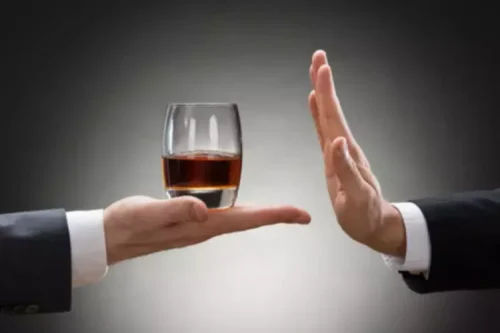
Here’s Why You Feel Depressed the Day After Drinking
- Simultaneous treatment for alcohol misuse and a depressive disorder can help you or your loved one take back control of your mental health, physical wellbeing, and overall happiness.
- Drinkchat is a free service for anyone who is looking for information or advice about their own, or someone else’s, alcohol use.
- Since alcohol can cloud your brain, it can keep you from seeing helpful solutions to problems.
Fehling recommends that family and friends of heavy drinkers “build a cohesive message” and unite. Depending on your situation, it may be wise to locate and be in touch with a treatment center in case one is needed immediately. Support groups like Adult Children of Alcoholics and Al-Anon can also be helpful, Fehling says. Stress can contribute to an increase in the severity of depression. 2020 research shows that consistent exposure to stress can trigger depressive episodes.
What You Can Do to Manage Alcohol and Depression
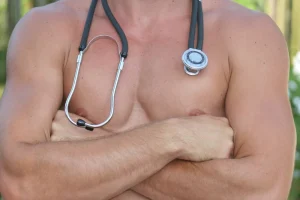
If you are on antidepressants, you have already sought treatment. But, if you are turning to drinking or thinking about it, this may be a sign that you need more treatment. Residential treatment for depression can also help you manage a substance use disorder or problematic drinking habits. This is the most important reason of all to just avoid drinking alcohol while using antidepressants. The high blood pressure caused by drinking on MAOIs https://ecosoberhouse.com/ can potentially be fatal.
Bridges To Recovery
When you regularly turn to alcohol to manage challenges and negative feelings, you may not take other actions that could help you address those problems effectively. You might begin drinking more regularly in order to feel better or forget about those unwanted emotions does drinking make your depression worse and memories. You might feel depressed after drinking because alcohol itself is a depressant. Understanding the link between alcohol and depression can help you better manage depression after drinking, or better yet, prevent it from happening in the first place.
Alcohol and Depression
Alcohol may help you fall asleep (pass out) faster, but when you’re drunk, you’re not getting high-quality sleep. According to the National Sleep Foundation, alcohol messes with your sleep hormones and interrupts your circadian rhythm, and it prevents you from getting REM sleep, which is the deep sleep we need to feel well-rested. Also, drinking makes you dehydrated, which can also disrupt you in the middle of the night, says Koob. All of these things can make it so you have a poor night of sleep, and wake up feeling exhausted. It’s very normal to feel irritable or just generally “meh” when you haven’t slept—alcohol or no alcohol. I call this phenomenon drinking depression; others call it hangxiety—there’s actually an entire subreddit dedicated to it.
Alcohol and depression
- Binge drinking is when you drink a lot of alcohol in one day — more than 8 units of alcohol per day for men and more than 6 units of alcohol per day for women, with 1 unit of alcohol being equal to half a pint.
- To date, only one intervention has specifically addressed heavy drinking among psychiatric patients.
- Remember to tell them about how much you drink or, if you’ve stopped, how long you’ve been alcohol-free.
- But it does enough that folks seeking relief from a variety of depressive pains can theoretically find something that appeals to them at the end of a shot or two.
Drinkchat is a free service for anyone who is looking for information or advice about their own, or someone else’s, alcohol use. Their trained advisors are on hand between 9am and 2pm every weekday to give you confidential advice through an online chat service. Alcohol is known to affect several nerve-chemical systems which are important in regulating mood. Sometimes (although not always) there’s a trigger for depression.
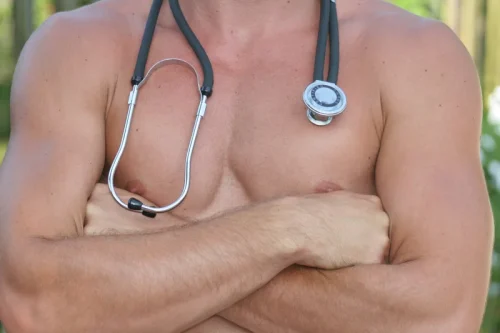
The good news is that treating both alcohol misuse and depression can make both conditions better. If you’re concerned alcohol has become your go-to method of managing negative feelings like depression, there’s no shame in reaching out for support. Alcohol can affect the areas of your brain that help regulate emotions. You might start drinking in order to forget what’s on your mind, but once the initial boost begins to wear off, you might end up wallowing in those feelings instead. Bad sleep can easily affect your mood the next day, since exhaustion and lingering physical symptoms can make it tough to concentrate.
Treatment for Co-Occurring Depression and Alcohol Use Disorder
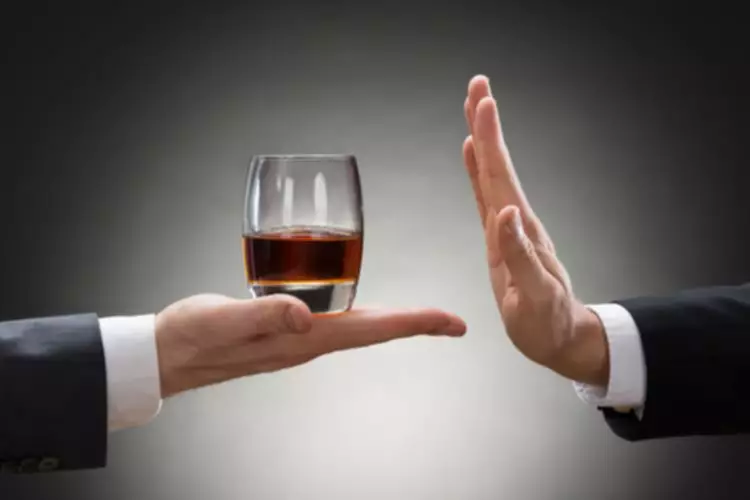
However, these two habits are among the leading causes of premature death in the United States. If you feel more comfortable talking in private, there are helplines you can call. Talk to your GP or local health professional if you think that you will find it hard to stop drinking.
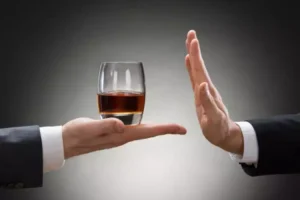
Smoking vs. drinking alcohol cancer link
Long-term alcohol misuse also damages the hippocampus and prefrontal cortex – regions critical for emotional regulation and decision-making – exacerbating vulnerability to depression. Nearly one-third of people with major depression (or major depressive disorder) also have alcohol use disorder. Research shows that depressed marijuana addiction children are more likely to have problems with alcohol a few years down the road.
